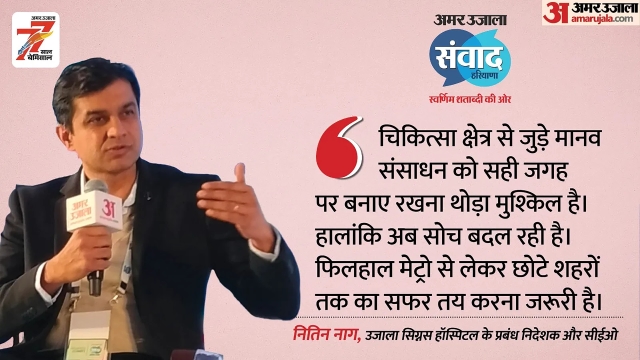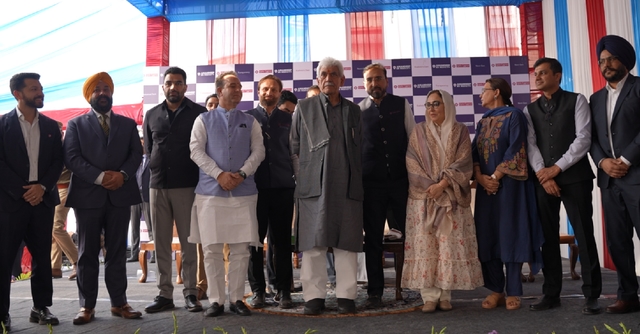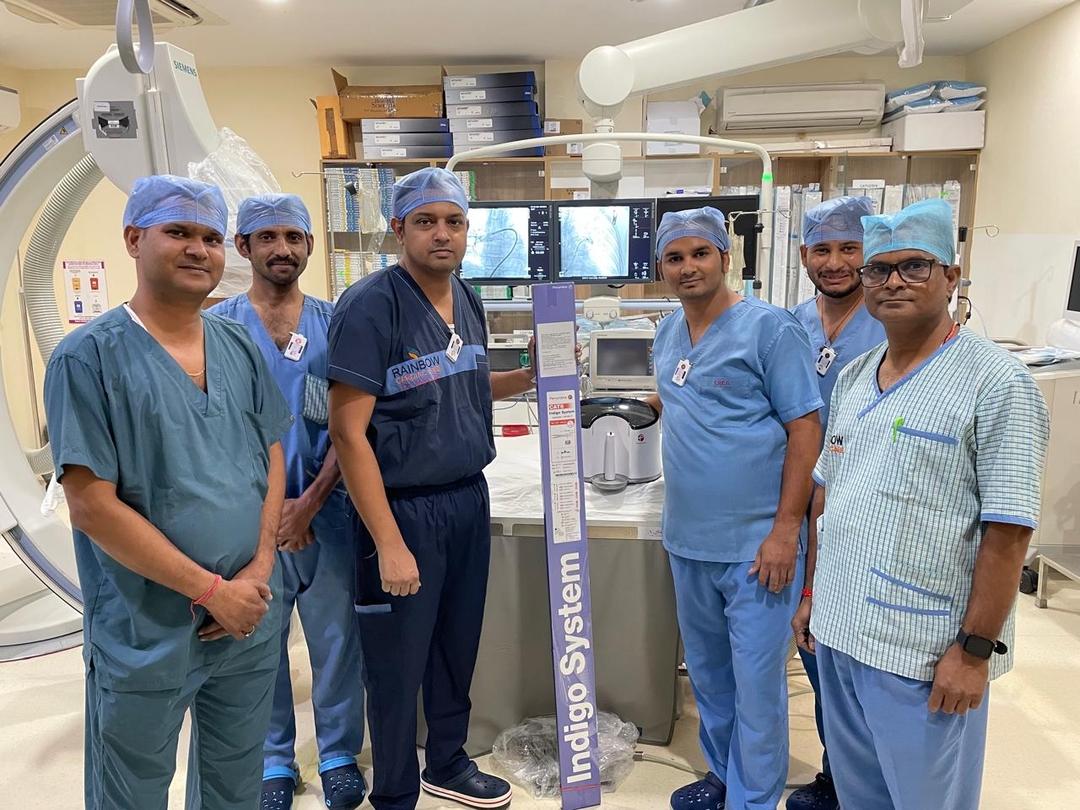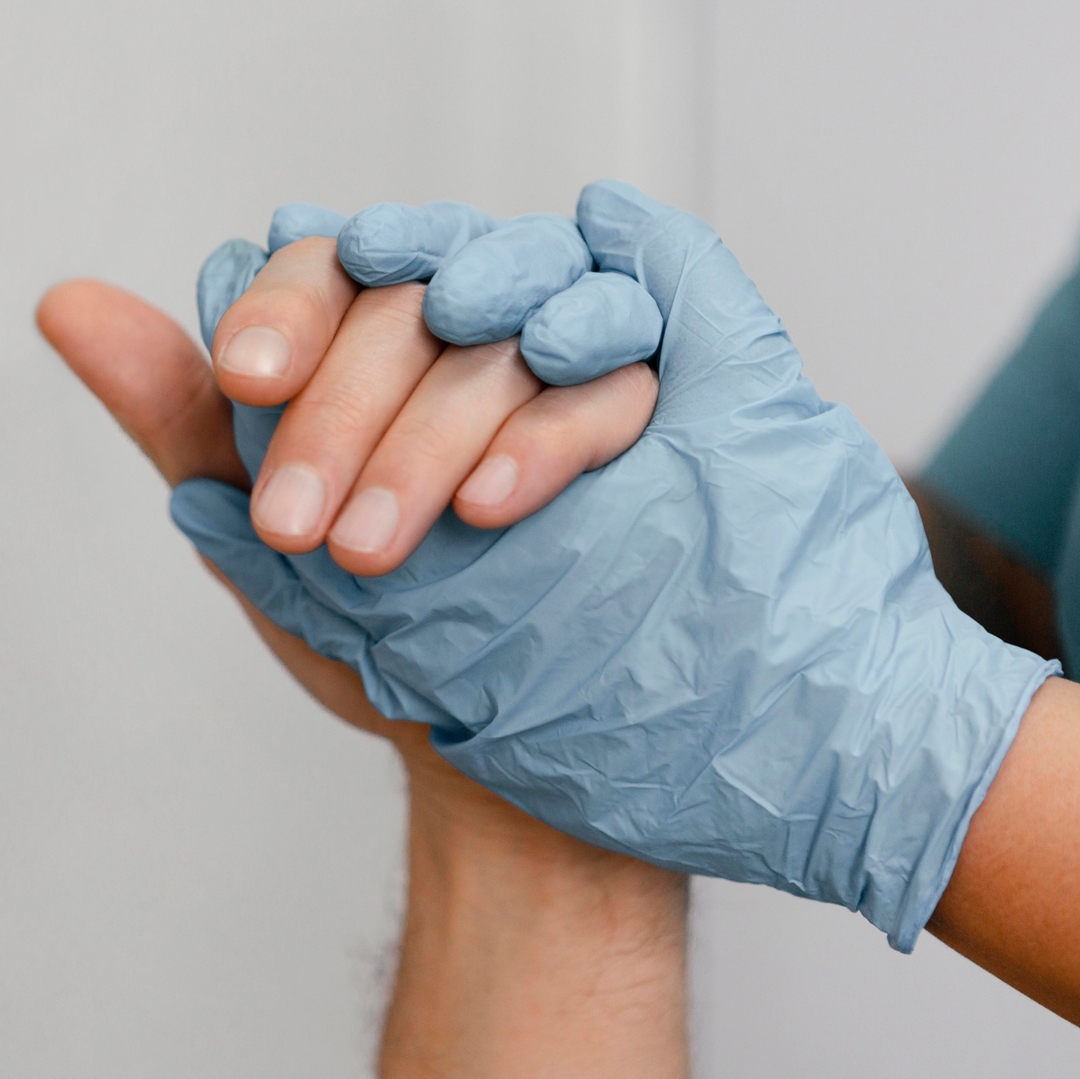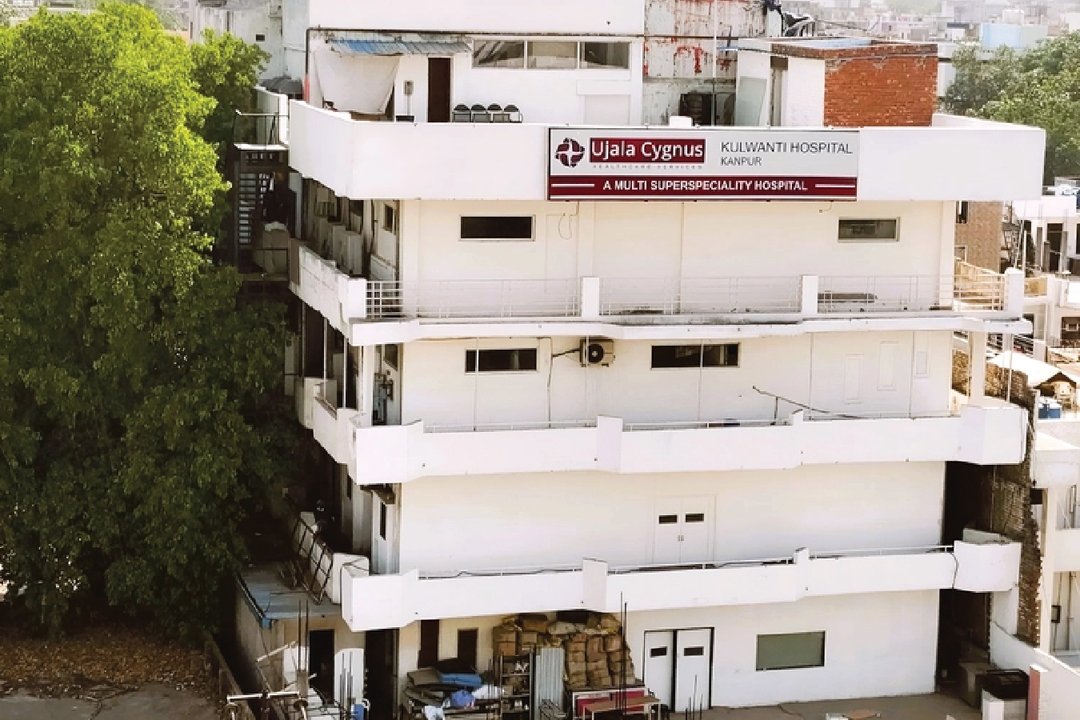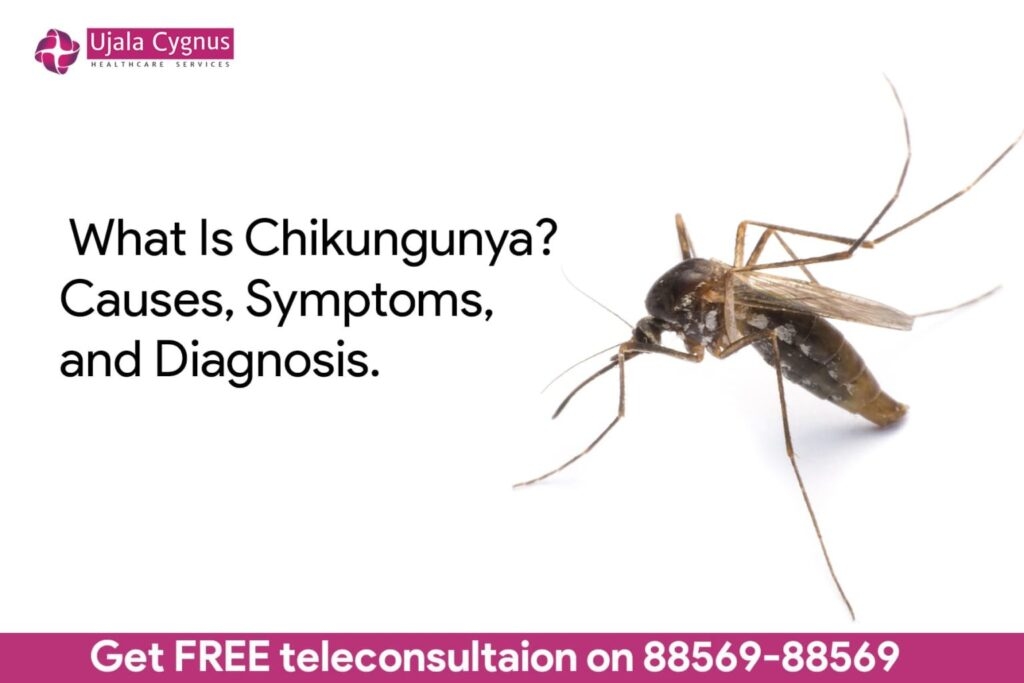
Chikungunya: Everything You Need to Know
By Ujala Cygnus
Reviewed by : Jalaz Jain
April 14, 2022
Chikungunya is a disease spread by infected mosquitos that infect people. The chikungunya virus causes it, marked by a rapid fever and severe joint pain.
The name “chikungunya” is derived from a Kimakonde word that means “something which bends ups,” referring to the deformed appearance of joint pain sufferers .
The disease was first recognized in 1952, after an outbreak in southern Tanzania,country in East Africa. Although Chikungunya had previously been found in Africa, Asia, Europe, and the Indian and Pacific Ocean regions, it was not until 2013 that local transmission of the virus was discovered in the Caribbean. The virus has since spread across most Americas, including the United States.
Causes and Risk Factors of Chikungunya
Chikungunya gets transmitted to people by infected mosquitoes. It occurs due to the chikungunya virus (CHIKV).
A person who has been infected cannot pass the virus on to another person. When a mosquito feeds on a person who has the virus circulating in their blood, the sickness is disseminated. The mosquito can be a virus carrier and transmit it to another person by bite. No infants have been discovered to have been infected with the chikungunya virus through breastfeeding, according to the CDC.
The most common carriers of the Chikungunya virus areand Aedes albopictus mosquitoes . The mosquitoes that spread the dengue virus are the same ones.
Theis a daylight biter that breeds in domestic containers. The enclosed water collected in and around your houses, offices, schools, or other public areas is mostly to blame for the increased population of yellow fever mosquitos. Because this mosquito breeds in stagnant water, enabling the infection to spread quickly, you must ensure that your surroundings are clean.
Symptoms and Signs of Chikungunya
A fever is typically the initial symptom of Chikungunya, followed by a rash. Sickness usually begins 4 to 8 days after being bitten by an infected mosquito (but the range can be 2 to 12 days).
The Signs and Symptoms include-
How is Chikungunya Diagnosed?
Suppose you have just returned from an area where the chikungunya virus is present and are experiencing a high fever and joint pain. The doctor may recommend a series of blood tests to check for the presence of the virus or antibodies.
Chikungunya virus infection can be diagnosed by using a lot of techniques. Anti-chikungunya antibodies can be confirmed by serological tests such as Enzyme-linked Immunosorbent Assays (ELISA).
Chikungunya virus antibodies usually develop toward the end of the first week of sickness. IgM antibody levels rise three to five weeks after the illness begins and last for around two months.
The virus can be detected directly in the blood during the first few days after infection. Serological and virological tests are performed on samples collected during the first week of sickness.
Other viruses with similar symptoms, such as Dengue and Zika, can be detected using blood tests. Test results are usually available 4 to 14 days after the lab receives the specimen.
Chikungunya Treatment and Medication Options
There is no specific antiviral medicine for Chikungunya. The only way to treat it is to relieve the symptoms. Treatment includes:
The symptoms of Chikungunya and dengue are so similar that individuals with suspected Chikungunya should avoid using aspirin or other nonsteroidal anti-inflammatory drugs.
Those who have regular or constant joint pain can use NSAID nonsteroidal anti-inflammatory medications and corticosteroids, including topical formulations if a diagnosis has been made. Physical treatment may be beneficial in reducing the symptoms.
Chikungunya Precautionary Measures
Chikungunya virus is spread through mosquito bites; it can be avoided by adopting preventative measures to keep mosquitoes away. Some of the most effective approaches to ensure these are:
We can significantly reduce the mosquito populations by reducing the number of breeding sites near your home. These are some basic things you should regularly do
People infected with the CHIKV virus should stay indoors and under a mosquito net to avoid coming into contact with mosquitos and preventing the virus from spreading further.
Chikungunya Complications
Major complications are uncommon; the infection can occasionally cause severe skin, eyes, kidneys, heart, and neurological system problems.
The following are examples of severe but rare complications:
Frequently Asked Question (FAQs)
Most people recover completely, with symptoms disappearing in three to ten days. Joint discomfort can last for months or even years in some persons. Chikungunya complications seldom result in death, although the infection can create severe issues in older persons with other chronic conditions.
The infected mosquitoes cause the viral spread of Chikungunya in humans. It causes Fever and severe joint pain. Other symptoms include
muscle soreness, joint swelling, headache, nausea, exhaustion, and a rash.
There are no vaccines available to treat chikungunya virus infection. Mosquito bite prevention is an effective way for people to protect themselves.
Humans are the primary source of the chikungunya virus for mosquitoes. Therefore the chikungunya spreads by a mosquito biting an infected person and then biting someone else. An infected person cannot pass the infection on to others (i.e. it is not a contagious disease).
Ujala Cygnus Healthcare Group has 16 hospitals. Kanpur, Rewari, Kashipur, Varanasi, Sonepat, Panipat, Kurukshetra, Nangloi in Delhi, Rama Vihar in Delhi, Kaithal, Bahadurgarh, Karnal, Moradabad, Haldwani, and Agra.
You can book an appointment at your nearest Ujala Cygnus Hospital for any health issue treatment. For any query, you can give a missed call on 88569-88569 and get a free consultation over the phone.
Loading...

